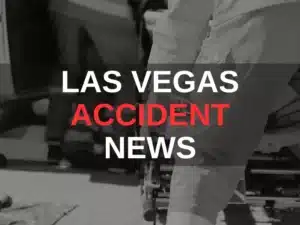Motor vehicle accidents are the leading cause of death for American children and defective car seats are making that risk even higher. Placing kids in an age-appropriate car seat can lower the risk of serious or fatal accidents, but when car seats have design or manufacturing flaws, parents cannot trust them to properly protect their kids. Parents can protect their children by carefully researching safety seat options before choosing one for their child.
The Evenflow Controversy
Evenflow, a top car seat manufacturer, recently came under the gun for problems with their Big Kid Booster Seat. This seat, which the company advertised as “side-impact tested,” actually performed very poorly the side-impact crash test.
When child-sized crash dummies sat in the Big Kid Booster Seat and were subjected to side-impact crashes, they were thrown out of their shoulder belts. This created the risk for serious head, neck, and spinal injuries. Even though tests showed a high risk, the company claimed the seat passed the side-impact crash test.
According to investigators, the company put the bar so low on the test that the only way the car seat would fail is if the child was completely ejected from the seat. A product liability lawyer can help families who have suffered an injury in a car crash due to a faulty seat.
Other Examples of Car Seat Defects
The Evenflow controversy is just one example of car seat problems that could put children at risk. Defective buckles are another common problem. If the buckle is not effective, it can come unfastened during a crash. A defective chest clip is another risk. If the chest clip comes unfastened in a crash, spinal cord injuries are possible. Poorly written installation instructions can also be problematic for parents and put babies at risk. Finally, defective base units can put infants at risk because the car seat can become unattached in a crash and eject the baby.
What Parents Can Do
Concerned parents can do a few things to ensure they choose a safe and effective car seat. First, before buying a car seat, parents can check current infant and booster seat recalls. Second, after buying one, they can register the seat alerted to future recalls. Finally, parents can research carefully to ensure they are buying from a trusted company that is free from controversy.




